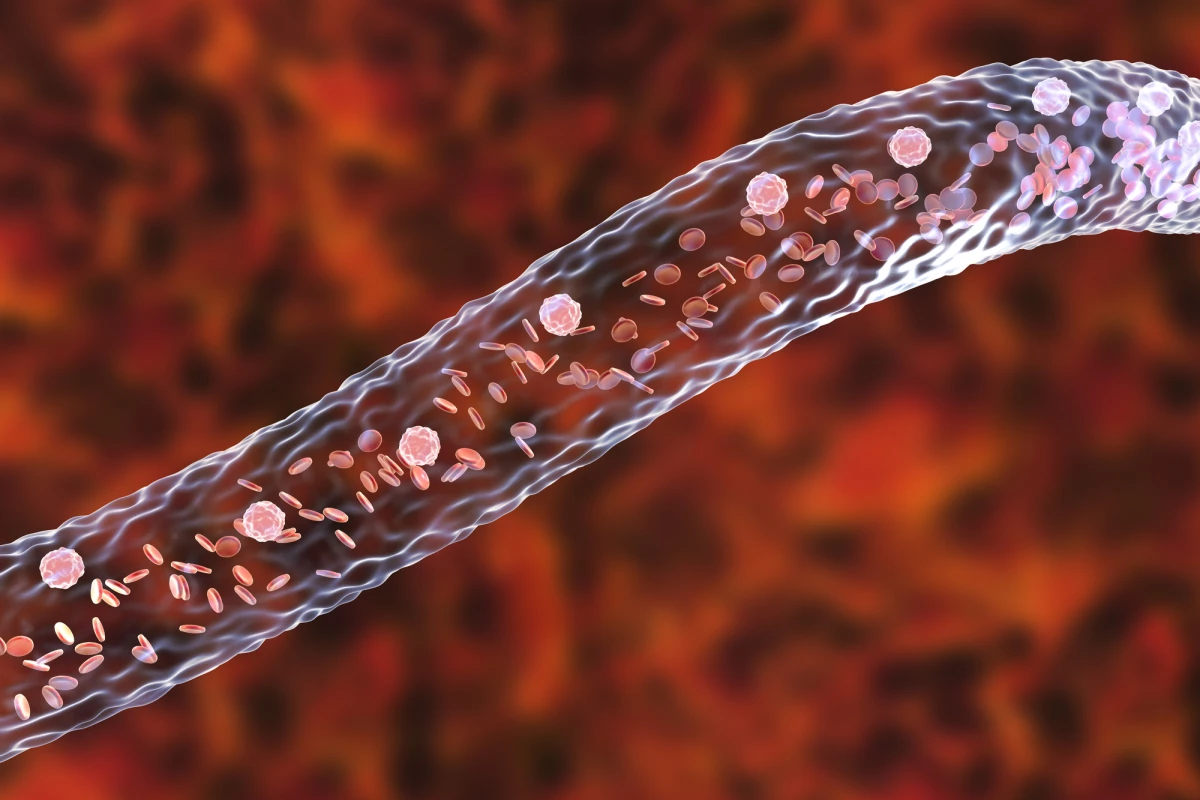Damage to blood vessels that leaves them blocked or otherwise impeded can leave no option other than surgical replacement. Traditionally, this can involve vessels from a donor or harvested from elsewhere in the patient’s body, but lately we’re seeing how lab-grown alternatives may have a part to play. Scientists are claiming another advance in this space with a novel material that better mimics the structure of living blood vessels, which sees them grow with the body once in place.
The past decade has brought numerous exciting advances in efforts to grow human blood vessels in the lab. Researchers have edged the technology forward to improve their function and also their safety, and have positioned these lab-grown vessels as promising tools for the study of diseases such as diabetes and cancer.
According to the team behind these new manufactured blood vessels, their creation marks yet another step forward in that they are the first to take on such a close resemblance to their natural counterparts. Normal blood vessels feature rings of proteins called elastins that enable them to stretch as blood flows through them. The scientists replicated this attribute through the use of two biocompatible materials that were fashioned into a manufactured tube.
“These synthetic vessels are elegant because they are manufactured from just two naturally occurring materials that are well-tolerated by the body,” said lead author Dr Ziyu Wang, from the University of Sydney. “Tropoelastin (the natural building block for elastin) is packaged in an elastic sheath which dissipates gradually and promotes the formation of highly organized, natural mimics of functioning blood vessels.”
The manufactured blood vessel can also be stored safely in sterile plastic until it is time for transplantation. In pre-clinical testing, the team implanted the tubes into mice and found they were well tolerated. More promisingly, however, the tube began to develop new cells and tissues in just the right places, over time transforming from a manufactured blood vessel into a living one.
“Nature converts this manufactured tube over time to one that looks, behaves and functions like a real blood vessel,” said senior author Professor Anthony Weiss. “The technology’s ability to recreate the complex structure of biological tissues shows it has the potential to not only manufacture blood vessels to assist in surgery, but also sets the scene for the future creation of other synthetic tissues such as heart valves.”
With this ability to mature in step with the body, the scientists are optimistic about the potential of their artificial blood vessels. There is work to do before they enter clinical use, with many questions still to answer about their behavior in the human body, but down the line the team sees them serving a valuable role in treating young people in particular.
“Currently when kids suffer from an abnormal vessel, surgeons have no choice but to use synthetic vessels that function well for a short time but inevitably children need additional surgeries as they grow,” said co-author Dr Christopher Breuer. “This new technology provides the exciting foundation for the manufactured blood vessels that to continue to grow and develop over time.”
The research was published in the journal Advanced Materials.
Source: University of Sydney





